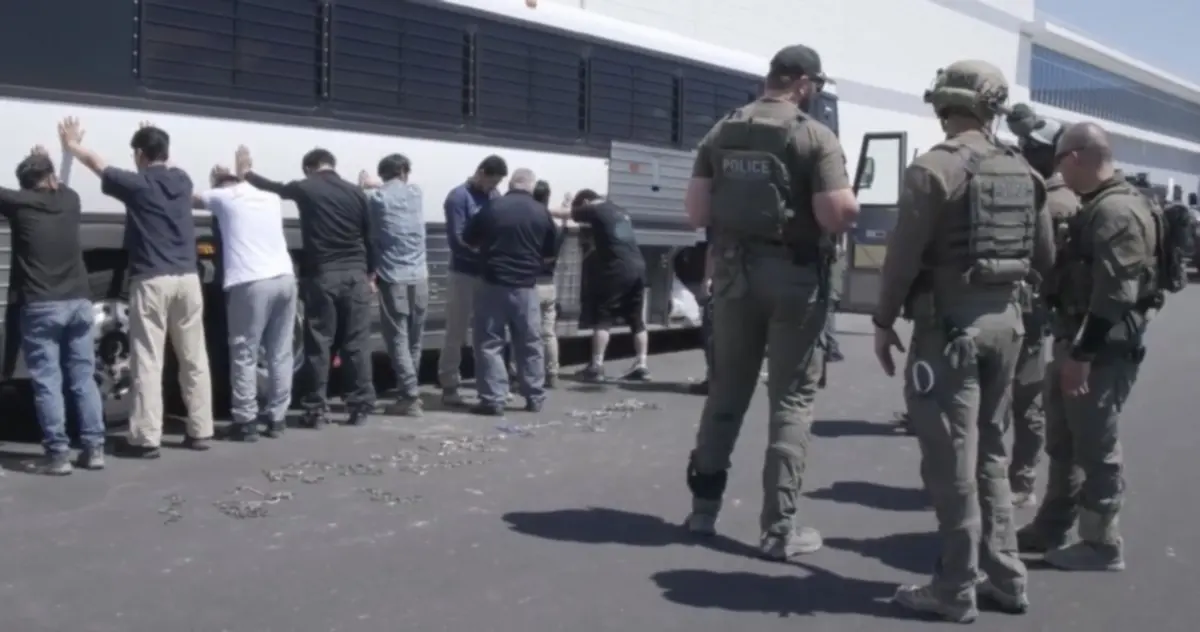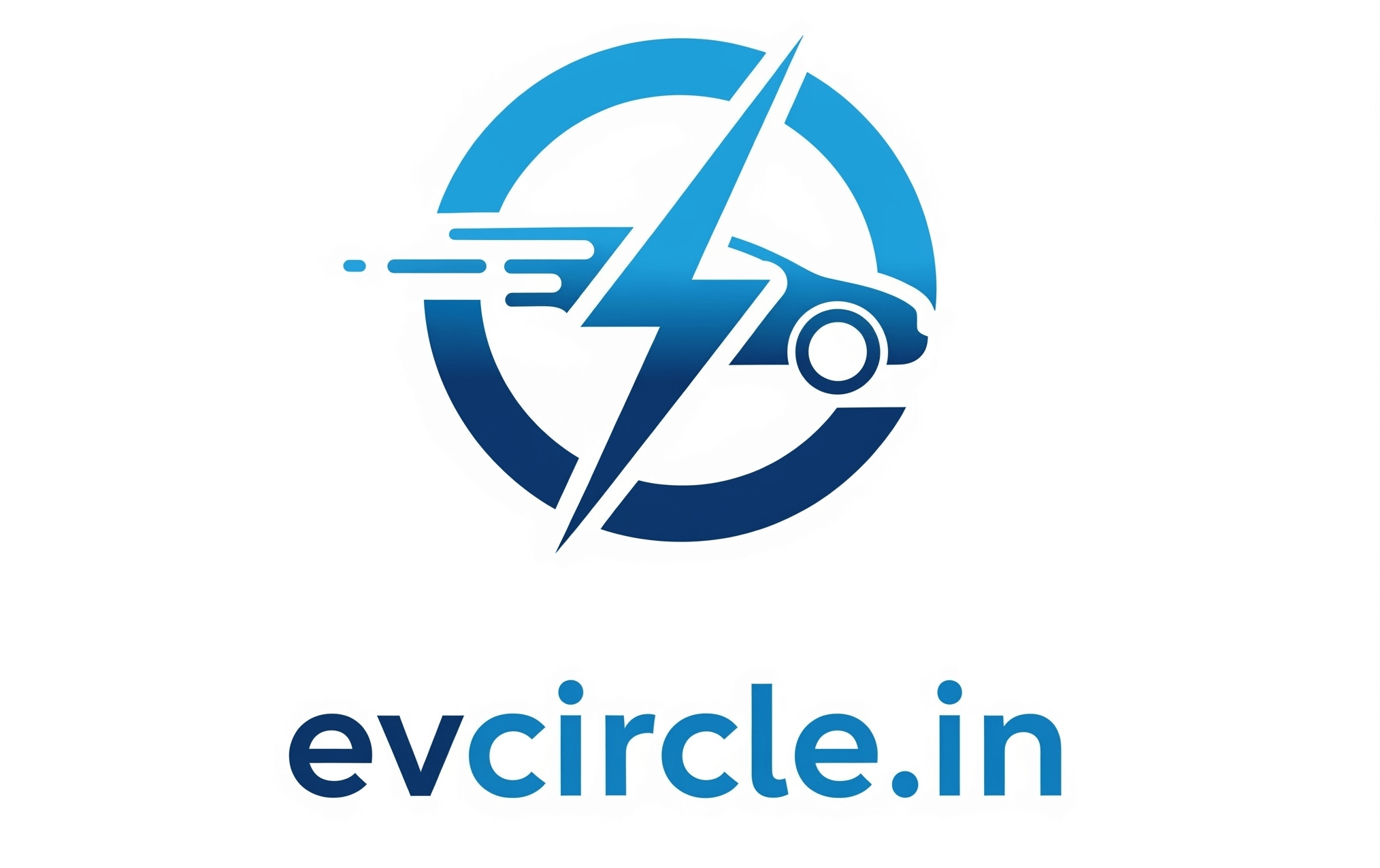
Here’s something I certainly didn’t expect to see: Donald Trump expressing remorse over a major immigration sweep. For the most part, his administration has reveled in the numerous excesses of its mass-deportation campaign, apparently operating on the belief that harsh enforcement measures and even cruelty would accelerate the process by prompting people here illegally to self-deport rather than end up in a brutal ICE detention center or a harsher contract prison overseas.
But an immigration operation on September 4 at an EV battery facility in Georgia, overseen by the elite Homeland Security Investigations unit of ICE, has produced some genuine buyer’s regret for the 47th president. The 475 arrests for immigration violations included 317 South Korean nationals brought in to help build the plant, and their government was far from pleased by how they were treated. The arrests (mostly for visa overstays) disrupted U.S.–South Korea diplomatic ties, including delicate talks over tariffs, and seem to have traumatized the workers involved, as the Los Angeles Times reported:
Throughout the day, people described federal agents taking cellphones from workers and putting them in long lines … Some workers hid for hours to avoid capture in air ducts or remote areas of the sprawling property. The Department of Justice said some hid in a nearby sewage pond.
Collectively, the detained South Koreans opted to return home even after being offered a temporary reprieve from deportation. Indeed, the South Korean government is probing whether the raid breached international human-rights accords. Deputy Secretary of State Christopher Landau has “expressed deep regret” for the raid in talks with South Korean diplomats. And most strikingly, the president himself backpedaled in a Sunday Truth Social post:
This was a very wordy way for Trump to concede that two of his top priorities are at odds. The ultimate prize at the end of the rainbow for his Liberation Day tariff initiative is to incentivize the world’s manufacturers to relocate operations to the U.S. That won’t happen if the personnel they send over to set up such facilities are being rounded up by ICE and tossed into cages. In hindsight, it’s somewhat surprising the administration didn’t anticipate this conflict and at least coordinate between their economic-policy team and DHS and ICE’s zealous deportation agents. And you have to ask whether anyone on the immigration side of the policy table was reprimanded for damaging U.S.–South Korean relations, alarming other countries, and forcing the president into a partial apology. Are there limits to Stephen Miller’s influence after all?
This isn’t merely an embarrassment for the administration, to be clear. The EV-battery plant was essential for a Hyundai EV assembly plant next door. Together those facilities constituted the largest economic development project in Georgia’s history and the crown jewel of Brian Kemp’s governorship. To make matters worse, DHS pressed Georgia state troopers into service during the battery-plant raid, presumably as part of routine state cooperation with federal immigration-enforcement actions. Kemp, whose relationship with the president is famously tense but recently cordial, couldn’t have been pleased. Beyond that, someone needs to inform the Trump White House that attracting foreign direct investment is a go-to economic-development strategy for virtually every Republican governor; for some, it’s their primary tool, aside from cutting taxes, for generating prosperity.
It will be interesting to see whether the episode dampens the nativist strain of America First politics and policy and maybe spares a few people from ICE-detention nightmare.
Auto and lifestyle writer who loves simplifying complex topics into easy-to-understand insights.

Leave a Reply